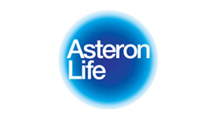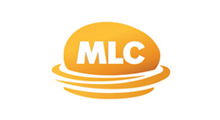Income insurance protection should cover plumbers, too because they too need to be protected as they work at great lengths on a daily basis. They have to be accurate and precise as they work on pipe installation and making sure that everything is up to standard. The kind of work that may subject them to injuries and health issues which without insurance coverage will mean financial difficulty for them when no steady income happens as a result of falling ill.
Type of Insurance Coverage
- Income Insurance – this is the most ideal type of coverage a plumber can get because of the guaranteed or variable monthly payment when a claim is filed. The insurer takes care of providing the compensation payments when the insured is injured or gets sick. The insured is eligible for payments and other benefits when becoming injured in or out of work.
Also, when opting for income protection insurance coverage whether stand alone or super funds insurance plan, it becomes eligible for tax benefits. Other perks other than superannuation benefits are also offered to some buyers.
- Workers Compensation – this is another type of coverage but is not very ideal as the insured is paid by the insurer for work-related injuries only.
The Ideal Contract for Plumbers
- Agreed Value Contract – this contract type suits a self-employed individual. The compensation amounts may be decided by the insured in advance. The advantages that come with this contract makes it a bit more costly but it comes with a guaranteed monthly compensation.
- Indemnity Contract – compared to Agreed Value Contract, this type costs less. It offers variable compensation amount when a file is claimed because it will have to be based on the insured’s earnings at the time of filing. This contract type is suitable for plumbers who earn a consistent fixed income amount yearly.
Basic or Premium Coverage
The insured’s needs and budget may dictate whether to get premium or basic coverage. Premium coverage may be more expensive but it has extra benefits and its cover level is higher. An insured may be offered up to 75% of his yearly income aside from superannuation benefits as well as death, disability, rehabilitation and accommodation benefits.
















